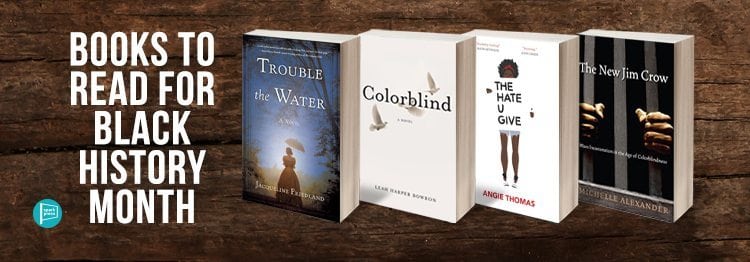
In a time of such great political unrest, celebrating Black History Month is more important now than ever. With Black Lives Matter in the news nearly every day, going head to head with the KKK, neo-nazis, and our own police force, tensions are running high.
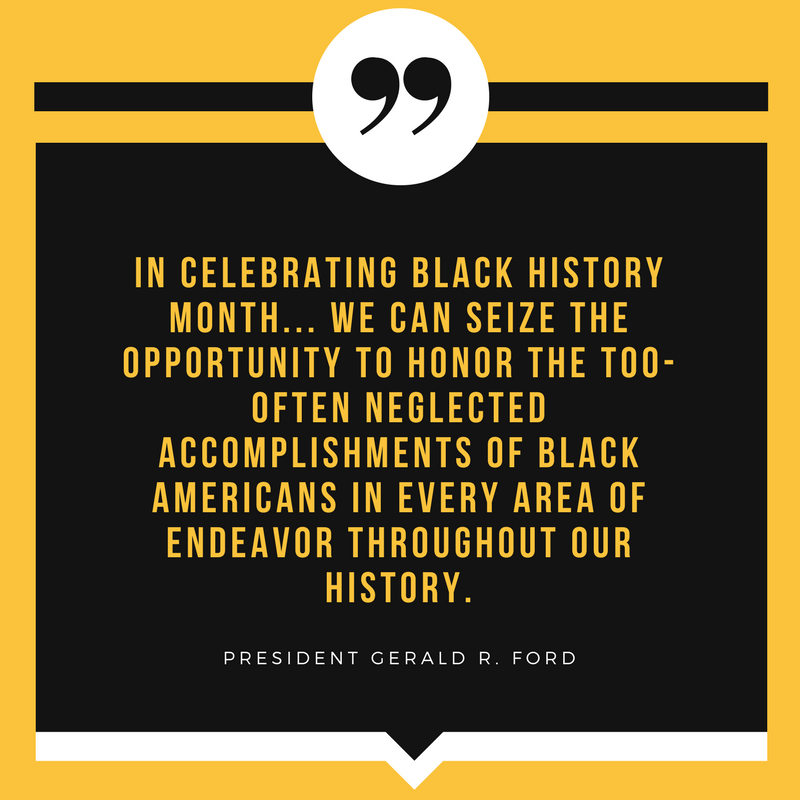
Black History Month is a great opportunity to step back and educate yourself about black history beyond the basics of Martin Luther King Jr., Malcom X, Harriet Tubman, the Underground Railroad, the Emancipation Proclamation, Jim Crow, and Rosa Parks. It’s also a time to reflect upon the effects racist legislature—even that which was overturned—still has today. While most of the books below are informational in nature, we’ve also thrown in a few fiction books that illustrate their moment in time through narrative.
(Source)
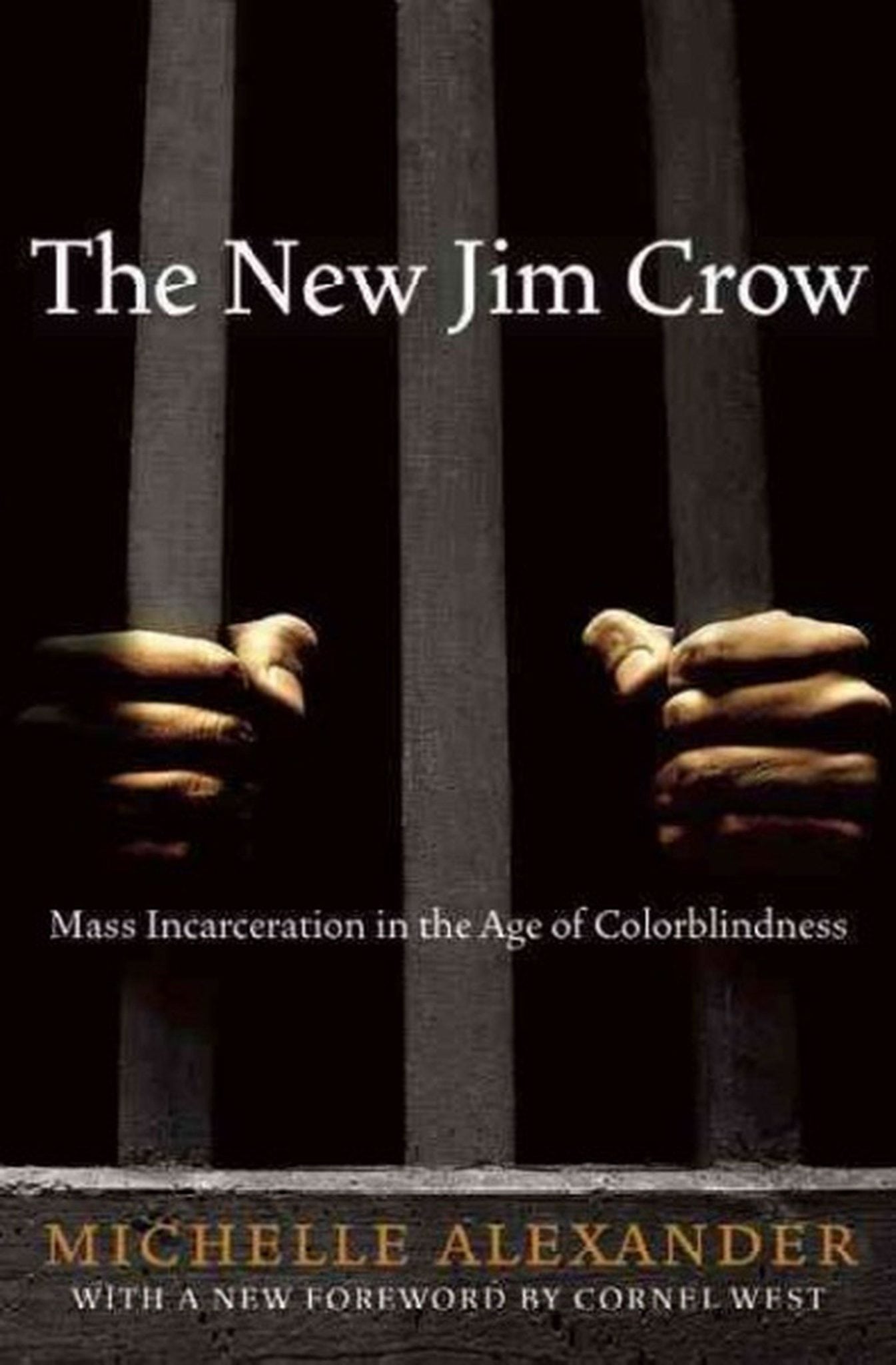
The New Jim Crow by Michelle Alexander
Legal scholar Michelle Alexander argues that “we have not ended racial caste in America; we have merely redesigned it.” By targeting black men through the War on Drugs and decimating communities of color, the U.S. criminal justice system functions as a contemporary system of racial control—relegating millions to a permanent second-class status—even as it formally adheres to the principle of colorblindness.
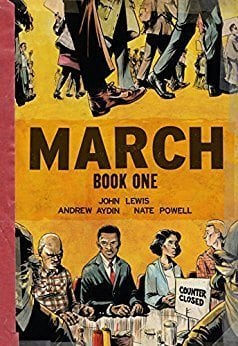
March: Book One by John Lewis and Andrew Aydin
March is a vivid first-hand account of John Lewis’ lifelong struggle for civil and human rights, meditating in the modern age on the distance traveled since the days of Jim Crow and segregation. Rooted in Lewis’ personal story, it also reflects on the highs and lows of the broader civil rights movement.
Colorblind by Leah Harper Bowron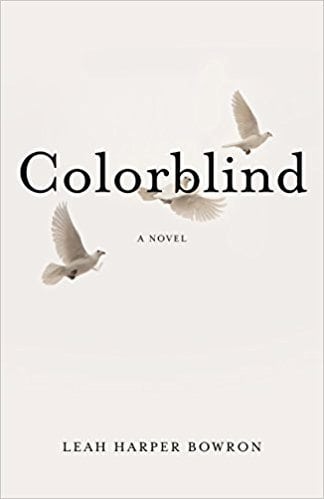
The time is 1968. The place is Montgomery, Alabama. Using the racially charged word “Negro,” two Caucasian boys repeatedly bully Miss Annie Loomis–the first African-American teacher at the all-white Wyatt Elementary School. At the same time, using the hateful word “harelip,” the boys repeatedly bully Miss Loomis’s eleven-year-old Caucasian student, Lisa Parker, who was born with cleft palate and cleft lip.

Eye on the Struggle by James McGrath Morris
A self-proclaimed “instrument of change” for her people, Payne broke new ground as the Washington correspondent for the Chicago Defender. She publicly prodded President Dwight D. Eisenhower to support desegregation, and her reporting on legislative and judicial civil rights battles enlightened and activated black readers across the nation. Her story mirrors the evolution of our own modern society.
Between the World and Me by Ta-Nehisi Coates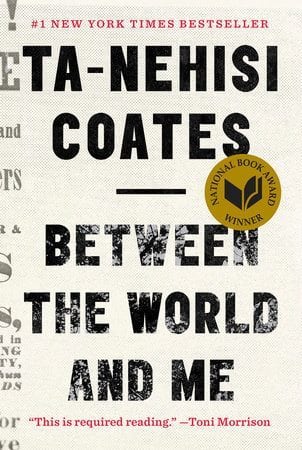
Ta-Nehisi Coates offers a powerful new framework for understanding our nation’s history and current crisis. Americans have built an empire on the idea of “race,” a falsehood that damages us all but falls most heavily on the bodies of black women and men—bodies exploited through slavery and segregation, and, today, threatened, locked up, and murdered out of all proportion. How can we all honestly reckon with this fraught history and free ourselves from its burden?
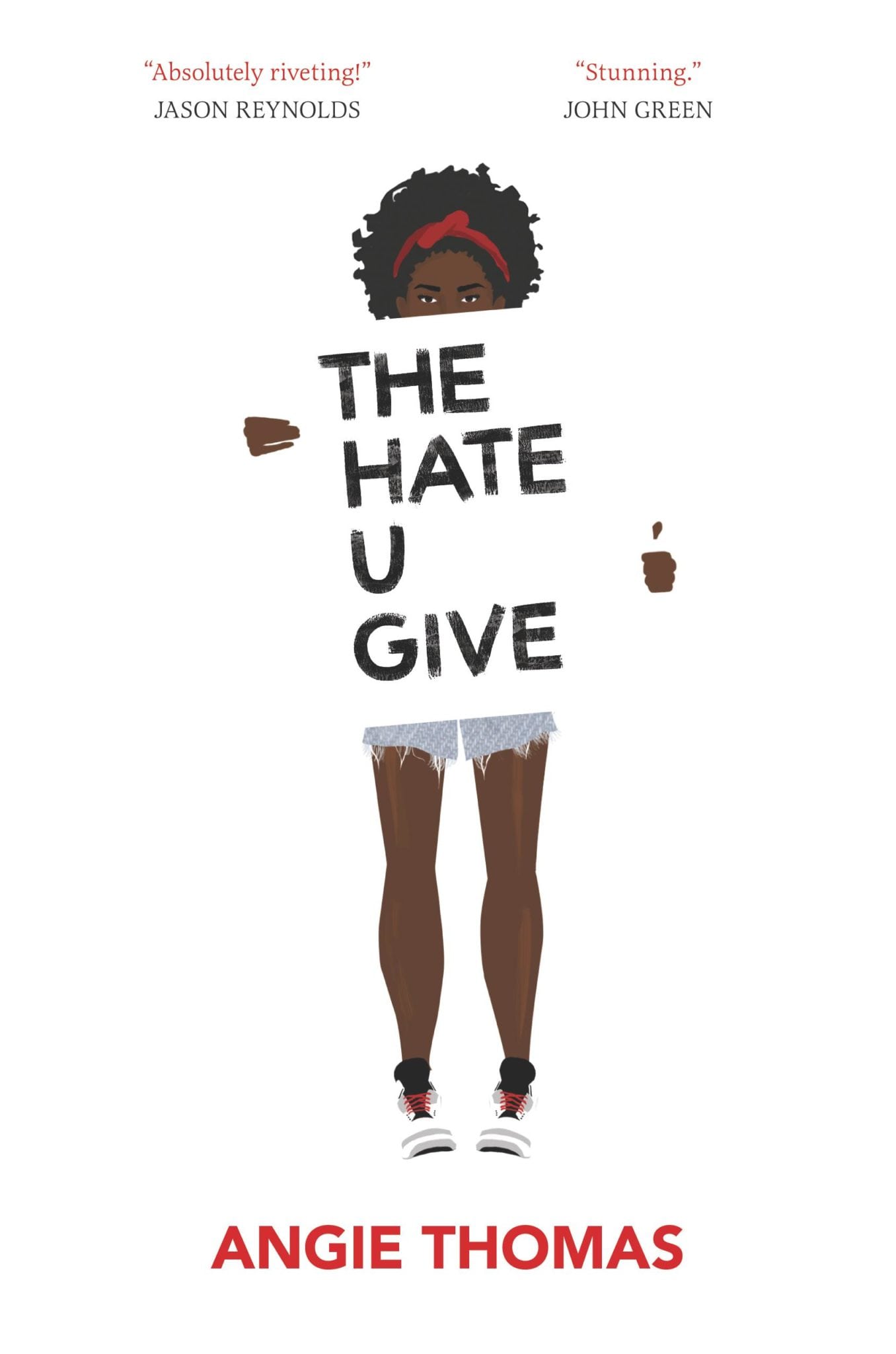
The Hate U Give by Angie Thomas
Sixteen-year-old Starr Carter moves between two worlds: the poor neighborhood where she lives and the fancy suburban prep school she attends. The uneasy balance between these worlds is shattered when Starr witnesses the fatal shooting of her childhood best friend Khalil at the hands of a police officer. Khalil was unarmed.
Stamped from the Beginning by Ibram X. Kendi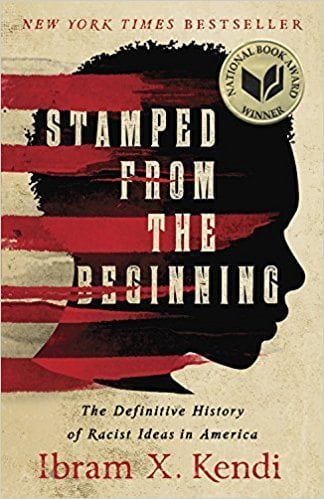
Some Americans cling desperately to the myth that we are living in a post-racial society, that the election of the first Black president spelled the doom of racism. In fact, racist thought is alive and well in America–more sophisticated and more insidious than ever. If we have any hope of grappling with this stark reality, we must first understand how racist ideas were developed, disseminated, and enshrined in American society.
Bonus! These books aren’t out yet, but are available for preorder.
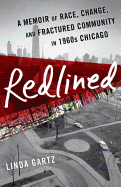 Redlined by Linda Gartz
Redlined by Linda Gartz
Set against the backdrop of the Civil Rights Movement, Redlined exposes the racist lending rules that refuse mortgages to anyone in areas with even one black resident. As blacks move deeper into Chicago’s West Side during the 1960s, whites flee by the thousands. But Linda Gartz’s parents, Fred and Lil choose to stay in their integrating neighborhood. The community sinks into increasing poverty and crime after two race riots destroy its once vibrant business district.
Trouble the Water by Jacqueline Friedland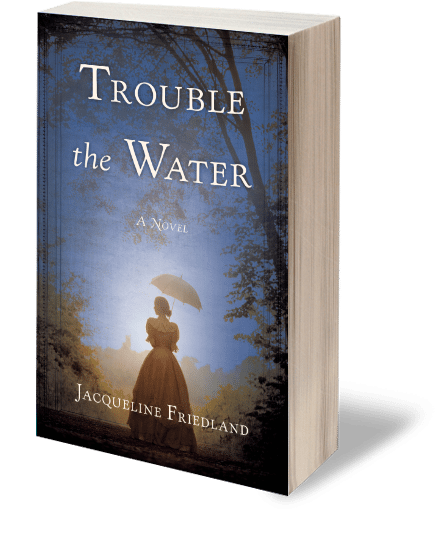 To ease their burdens, Abby’s parents send her to America to live off the charity of their old friend, Douglas Elling. Just as she begins to grow comfortable in her new life, she overhears her benefactor planning the escape of a local slave―and suddenly, everything she thought she knew about Douglas Elling is turned on its head. Abby’s attempts to learn more about Douglas and his involvement in abolition initiate a circuitous dance of secrets and trust.
To ease their burdens, Abby’s parents send her to America to live off the charity of their old friend, Douglas Elling. Just as she begins to grow comfortable in her new life, she overhears her benefactor planning the escape of a local slave―and suddenly, everything she thought she knew about Douglas Elling is turned on its head. Abby’s attempts to learn more about Douglas and his involvement in abolition initiate a circuitous dance of secrets and trust.

Leave A Comment